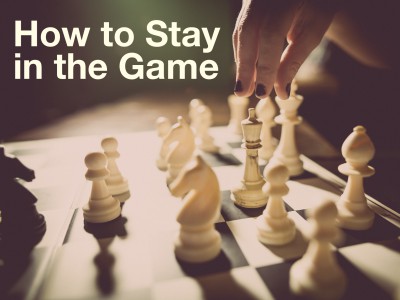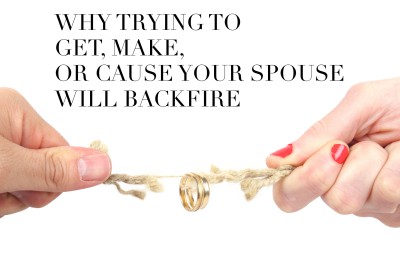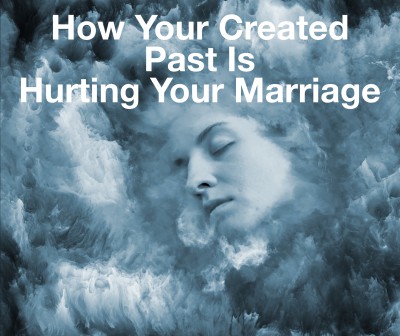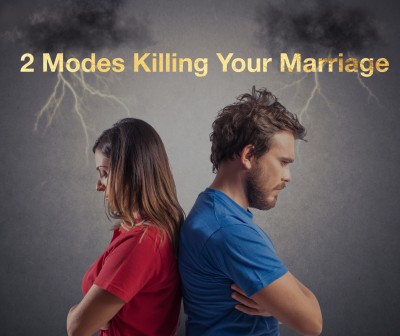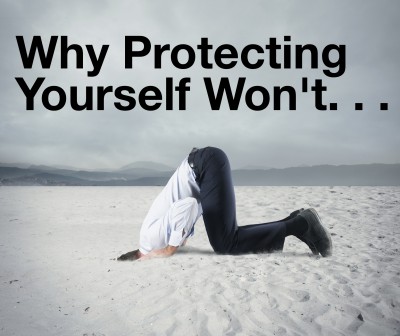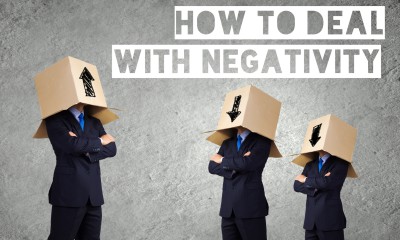“Help! My Spouse Doesn’t Believe I Can Change!”
https://savethemarriage.com/stmblog/wp-content/themes/corpus/images/empty/thumbnail.jpg 150 150 Lee H. Baucom, Ph.D. Lee H. Baucom, Ph.D. https://secure.gravatar.com/avatar/669b7e375d93f77521ddaba08adb8063?s=96&d=blank&r=pg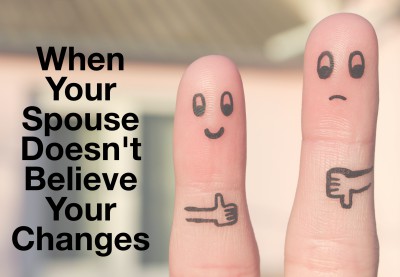 You’ve been working hard to reconnect and change yourself. You’re proud of your efforts. But your spouse just isn’t buying.
You’ve been working hard to reconnect and change yourself. You’re proud of your efforts. But your spouse just isn’t buying.
For whatever reason (which is what I discuss in this week’s podcast), your spouse just does not trust the changes — or maybe doesn’t even see the changes!
Do you feel like you are hitting a brick wall? Like nothing you are doing is making a difference? Like your spouse has already judged you and won’t allow themselves to see something different?
This week, I will be discussing several reasons why your spouse isn’t willing or able to see a change. Included are the times your spouse might acknowledge that there has been a change, but doesn’t trust that the change will last.
Does that describe your situation? If so, please listen. I also discuss how to shift this dynamic in your favor.
Podcast: Play in new window | Download
Subscribe: RSS
